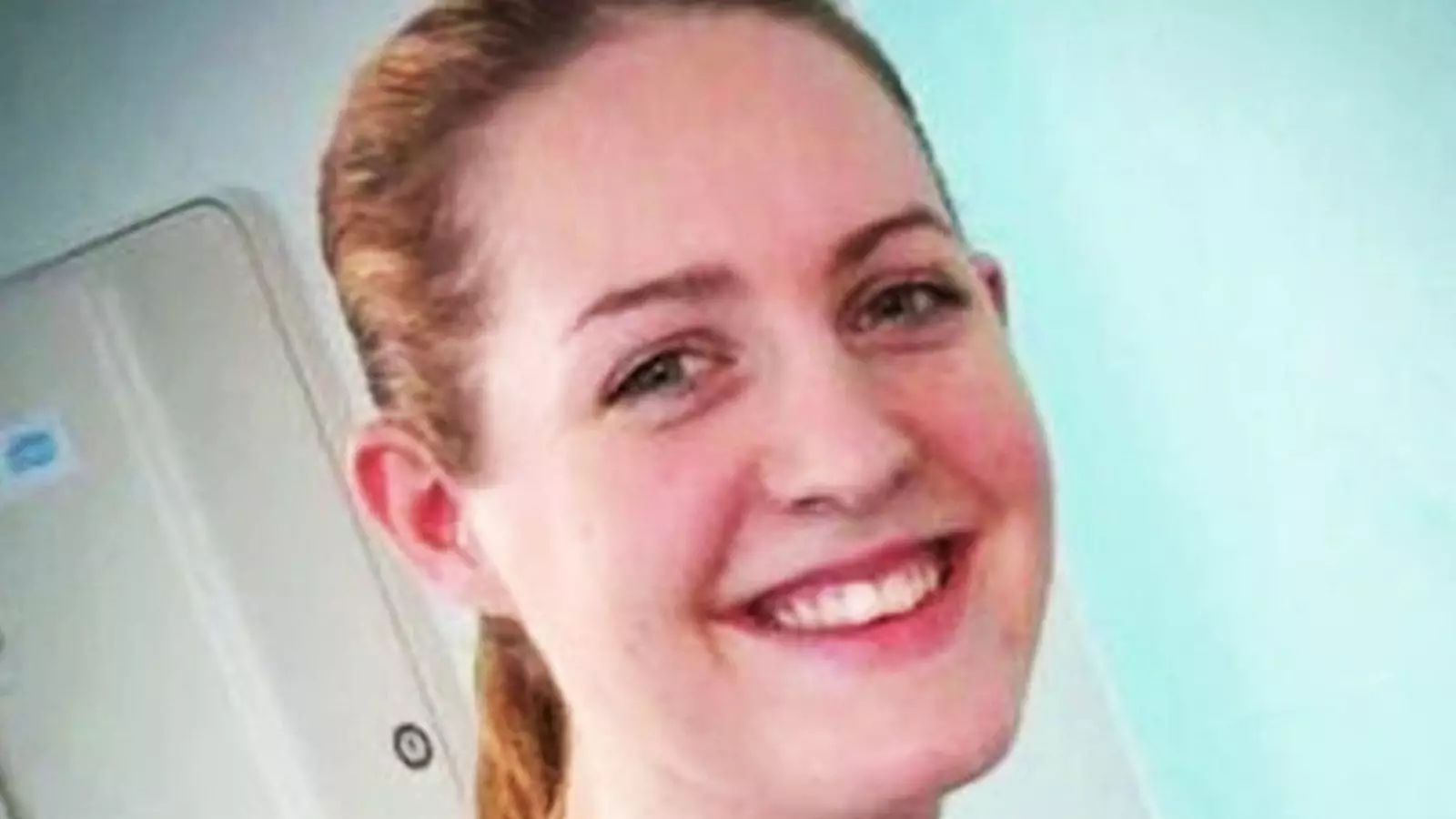The case of Lucy Letby, a neonatal nurse convicted of murdering and attempting to murder multiple infants, has sent shockwaves through the healthcare community and the UK as a whole. At the heart of this tragic saga lies not only the horrific actions of Letby but also the accusations of mismanagement and negligence on the part of hospital authorities. Central to these allegations is an incident in December 2016 involving Letby’s father, whose confrontation with Tony Chambers, then CEO of the Countess of Chester Hospital, highlights the complexities of emotionally charged family dynamics during crises. Chambers recounted a tense meeting during which Mr. Letby expressed his anger and frustration regarding ongoing investigations into his daughter, asserting that this emotional turmoil made an already difficult situation exponentially worse.
What becomes increasingly evident in the inquiry are the institutional failures that allowed Letby to continue working even as suspicions arose about her conduct. It was not until 2017—well after the alarms had been raised—that the NHS trust finally alerted the police of its concerns. This significant delay beckons an uncomfortable question: how could a healthcare institution not recognize the severity of the situation sooner? Chambers’ reflections on his role add a haunting dimension to this inquiry. While he has offered condolences to the families affected, he also deflects personal accountability, suggesting that the failures were a systemic issue rather than a result of individual negligence.
The word “system” recurs often in discussions regarding hospital management, emphasizing the bureaucratic nature of the medical establishment. Chambers stated, “The operation of the Trust’s systems failed,” pointing out that there were concrete moments when action could have been taken to prevent further tragedies. Such reflections bring to light a systemic aversion to confrontation—a reluctance to escalate concerns that could disrupt the status quo.
Moreover, the inquiry probes into the crucial lapses in communication between the hospital authorities and affected families. Chambers admitted that interactions with families could have been more transparent, underlining that better communication might have changed the trajectory of the events. The emotional and psychological toll on the families of the victims is unimaginable. They relied on the institution to keep their children safe, only to find themselves embroiled in a web of neglect and inadequacy.
The acknowledgment of insufficient communication sets the stage for a much larger conversation about how healthcare providers interact with the families of vulnerable patients. In situations where families are vulnerable and scared, clear and compassionate communication is not merely a courtesy; it is imperative. The fact that such communication failed in this case underscores a significant area for improvement in healthcare practices.
Reflections from the Past: Lessons for the Future
As the inquiry continues, more testimony is expected from additional hospital staff, including those who worked closely with Letby, such as her former boss Alison Kelly. Kelly’s comments reflect a shared sentiment of regret among hospital management—weaving narratives of good intentions confronted by tragic outcomes. The complexity of navigating troubling situations becomes evident when individuals motivated by what they believe to be the best interests of the hospital inadvertently contribute to grave consequences.
While the inquiry underscores a shocking tragedy, it also serves as a sobering reminder of the necessity of vigilance, accountability, and transparency in healthcare systems. The systemic failures that allowed Lucy Letby to continue her despicable actions must provoke real reform—changes that ensure no family suffers in silence again. As lessons are drawn from this catastrophe, the healthcare community is challenged not just to think about how to manage crises but to prioritize patient safety above all else moving forward.
The outpouring of grief from families affected by Letby’s actions compels a collective call to action. Beyond legal repercussions, the healthcare system must implement rigorous changes. It must prioritize not only patient safety but also foster environments where healthcare professionals can raise concerns without fear of retaliation. This case serves as a potent reminder that every voice matters in the pursuit of a safe and trustworthy healthcare system. As investigations continue, it is essential that all stakeholders commit to learning from these failures to ensure that such tragedies never repeat.



Leave a Reply